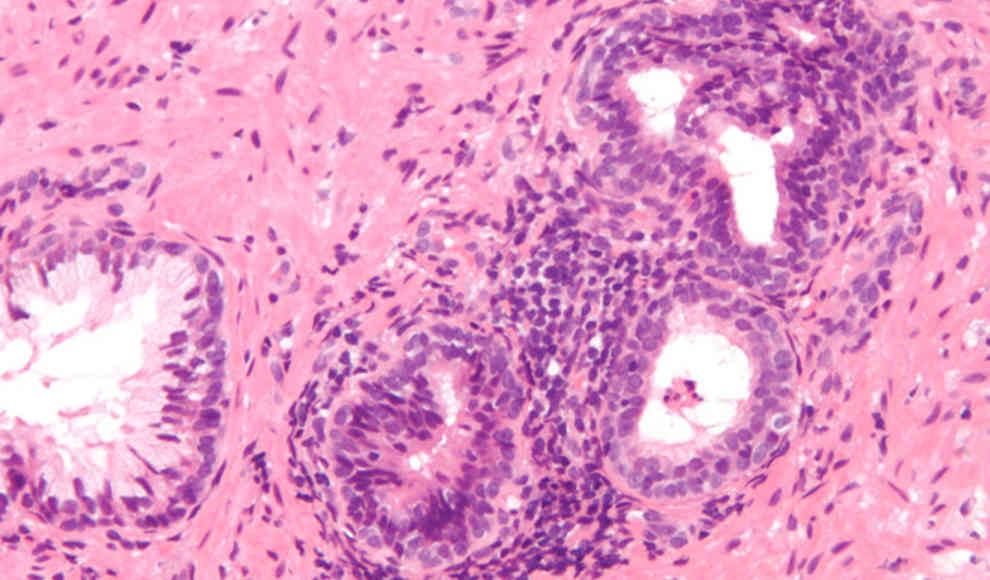Prostate cancer is the most common type of cancer among men in Germany. A new large-scale study involving 7,600 patients aims to compare and evaluate the four most common treatment methods and therapies. The German Cancer Aid and health insurance companies have launched a groundbreaking study in Berlin to find the best individual treatment method for men with prostate cancer. The study will compare the four most common therapies and evaluate them based on various criteria. The Robert Koch Institute estimates that about 67,600 men in Germany are diagnosed with prostate cancer each year, with over 12,000 of them dying from prostate cancer annually.
There are four different treatments available to treat prostate cancer: surgical removal of the prostate, external radiation, permanent implantation of radiation sources on the tumor (brachytherapy), or active monitoring of tumor growth with possible subsequent therapy measures. The large-scale study, which began recently, aims to investigate the four treatment approaches in terms of effectiveness, side effects, and impact on patients’ quality of life until 2030. The reason for this is that there are currently no usable data on which treatment approach is particularly effective. With the new study, it will be scientifically investigated for the first time which treatment is most effective and which treatment is particularly burdensome for affected men.
About 1,000 urologists and radiation therapists, as well as more than 90 testing centers, are participating in the study. The cost of data collection is estimated at 25 million euros, which will be shared by the German Cancer Aid and the statutory and private health insurance companies. The study aims to provide valuable insights into the most effective treatment methods for prostate cancer, which will help doctors make better-informed decisions and improve the quality of life for patients.










